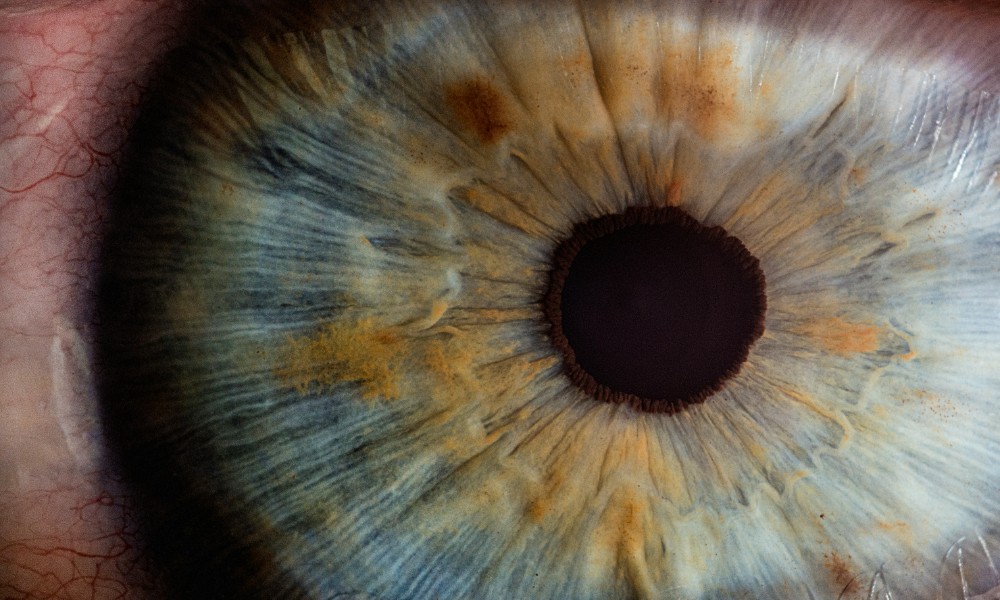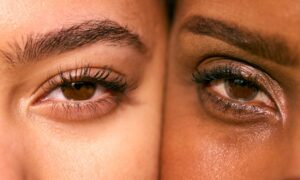AREDS2 supplements are designed to slow AMD progression and other eye conditions. But how can you tell if these supplements are genuinely benefiting your eyes? Let’s delve deep into understanding the indicators of their effectiveness, the science behind AREDS2, and what you should expect while taking these supplements.
Understanding age-related macular degeneration
Before assessing the impact of AREDS2 on your eyes, it’s crucial to understand the condition it’s designed to combat. Age-related macular degeneration is a leading cause of vision loss in individuals over 50, affecting the macula, the part of the eye responsible for sharp, central vision required for activities like reading and driving. AMD comes in two types: dry and wet, with dry AMD being the most common and least severe form.
What is AREDS2?
The AREDS2 formula is an enhancement of the original AREDS formula, developed through a major clinical trial by the National Eye Institute. The study aimed to evaluate the effects of specific nutrients on the progression of AMD and other eye diseases. AREDS2 supplements contain a combination of vitamins C and E, zinc, copper, lutein, and zeaxanthin, which have been shown to reduce the risk of progression to advanced AMD.
How to assess the effectiveness of AREDS2 supplements
Visual acuity tests
One of the most direct ways to measure the effectiveness of AREDS2 is through changes in your visual acuity. Regular eye exams that include reading letters off a chart can help track any improvements or stabilization in your vision.
Monitoring the progression of AMD
Another indicator of AREDS2’s effectiveness is a slowdown in the progression of AMD. This can be monitored through comprehensive eye exams where your eye doctor uses special imaging techniques, such as optical coherence tomography (OCT) and fundus photography, to look for changes in the macula and retina.
Subjective improvements in vision quality
Some individuals taking AREDS2 supplements report subjective improvements in their vision quality, such as better contrast sensitivity and less glare. While these improvements are anecdotal and can vary widely among individuals, they offer another perspective on the potential benefits of AREDS2.
Scientific evidence and clinical trials
The original AREDS study and its successor, AREDS2, provide robust scientific evidence of the benefits of these supplements. The research found that the AREDS2 formula reduced the risk of AMD progression by about 25% for those at high risk. However, it’s important to note that these supplements are not a cure for AMD nor do they restore vision already lost; they can only slow the disease’s progression.

Understanding the limitations of AREDS2
While AREDS2 supplements are a significant advancement in the management of age-related macular degeneration, it’s crucial to recognize their boundaries and the fact that they are not a panacea for all eye health issues. Here are some key limitations to consider:
Specificity to advanced AMD
AREDS2 supplements are most beneficial for individuals with intermediate to advanced dry AMD, particularly in reducing the risk of progression to more severe stages of the disease. They are not intended for use in the general population or for those with early-stage AMD, as the benefits in these groups have not been demonstrated.
No vision restoration
It’s important to understand that AREDS2 supplements do not restore vision that has already been lost due to AMD or other eye diseases. Their primary role is preventative, aiming to slow the disease’s progression rather than cure it.
Genetic factors
Research indicates that genetic factors can influence the effectiveness of AREDS2 supplements. Certain genetic profiles may not respond as positively to the supplements, highlighting the importance of personalized medical advice from a healthcare professional.
Lifestyle considerations
The effectiveness of AREDS2 can also be influenced by lifestyle factors. For example, smoking has been shown to negate the benefits of the supplements, and a diet lacking in essential nutrients can also impact overall eye health. It underscores the need for a holistic approach to eye health, combining supplementation with healthy lifestyle choices.
Not a substitute for medical care
Finally, while AREDS2 supplements are a valuable tool in managing AMD, they should not replace regular eye exams and medical care. They are a part of a comprehensive approach to eye health, not a standalone solution.
When to consult with your optician
Given the nuanced benefits and limitations of AREDS2 supplements, regular consultation with your eye doctor is essential for anyone considering or currently taking these supplements. Here are scenarios when you should seek your eye doctor’s advice:
Before starting AREDS2
If you are at risk for AMD or have been diagnosed with early-stage AMD, consult your eye doctor to determine if AREDS2 supplements are appropriate for you. Your eye doctor can assess your individual risk factors, including family history and lifestyle, to make a personalized recommendation.
Regular monitoring
For those already taking AREDS2, ongoing monitoring by an eye doctor is crucial to assess the supplement’s effectiveness and adjust the course of treatment if necessary. Regular eye exams can help track the progression of AMD and identify any changes in your condition.

If you experience changes in vision
If you notice any changes in your vision while taking AREDS2 supplements, it’s important to schedule an appointment with your eye doctor immediately. These changes could indicate the progression of AMD or other eye health issues that require medical attention.
Personalized recommendations
Because the effectiveness of AREDS2 can vary based on individual health and genetic factors, your eye doctor can provide personalized advice tailored to your specific situation. They can also recommend additional interventions, such as lifestyle changes or other treatments, to optimize your eye health.
Understanding interactions and side effects
Your eye doctor can advise you on any potential side effects or interactions between AREDS2 supplements and other medications you may be taking. This guidance ensures that your overall health management plan is cohesive and effective.
The final verdict
Determining whether AREDS2 supplements are benefiting your eyes involves a combination of objective measures, such as visual acuity tests and monitoring AMD’s progression, and subjective experiences of improved vision quality. While AREDS2 offers significant benefits for individuals at high risk of advanced AMD, it’s important to manage expectations and understand that these supplements are part of a broader approach to maintaining eye health, which includes regular eye exams and a healthy lifestyle. Engaging in open dialogues with your eye doctor will help you navigate the path to preserving your vision with clarity and confidence.




